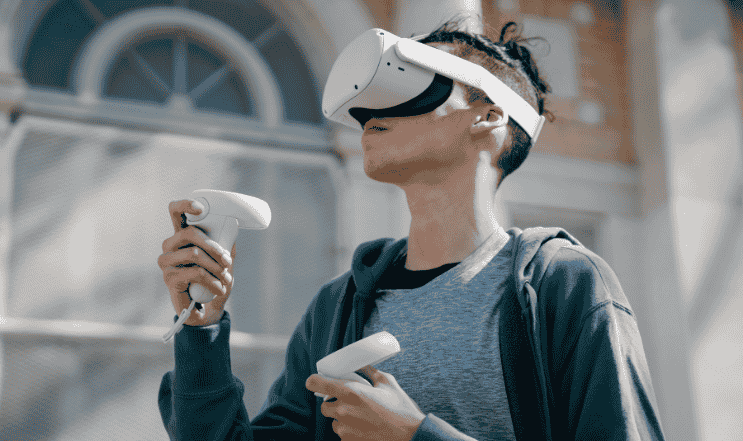
| 

As virtual reality (VR) and metaverse platforms continue to grow in popularity across the UK, concerns around security, privacy, and trust are becoming more important than ever. These immersive digital environments offer exciting possibilities for social interaction, gaming, shopping, education, and remote work — but they also present unique challenges when it comes to confirming who users really are. This is where Identity Verification in Virtual Reality & Metaverse Platforms plays a vital role.
Unlike traditional websites or mobile apps, VR and metaverse platforms allow users to interact through avatars, 3D spaces, and digital assets. While this enhances creativity and engagement, it also opens the door to identity theft, impersonation, financial fraud, and unregulated access to age-restricted spaces. For UK businesses, developers, and individuals, strong identity verification systems are essential for creating secure and trustworthy virtual experiences.
Why Identity Verification Matters in the Metaverse
Identity verification helps ensure that users are who they claim to be before accessing certain parts of a platform. In the metaverse, this can prevent minors from entering age-restricted areas, stop fraudsters from scamming users, and protect digital transactions involving cryptocurrencies or virtual goods.
Moreover, with businesses increasingly using VR for meetings, training, and remote collaboration, verifying employee identities helps maintain corporate security. From preventing the misuse of confidential information to safeguarding sensitive data, verification provides essential protection.
How Identity Verification Works in VR Environments
Verified identity services typically rely on a combination of biometric data, document authentication, and AI-driven checks. These can include:
- Facial recognition to match users with official documents
- Liveness detection to confirm the user is physically present
- Document verification, such as UK passports and driving licences
- Behavioural analysis, detecting unusual activity or impersonation
In the VR world, these tools may be integrated seamlessly into login systems or onboarding processes. For example, a user joining a virtual workplace may be asked to verify their identity before attending a meeting. Similarly, metaverse marketplaces can require verification before users buy or sell digital assets.
Benefits for UK Users and Businesses
Implementing secure identity verification brings several advantages:
- Reduced fraud and impersonation
- Safer online environments for minors
- Secure transactions involving virtual goods or cryptocurrency
- Greater trust between users, brands, and platform developers
- Compliance with UK digital safety and data protection standards
Using a trusted UK-based verification service like Verify Online ensures that businesses meet industry best practices while offering a smooth experience to users.
FAQs
What is identity verification in the metaverse?
It is the process of confirming the real identity of users in VR and virtual environments using digital tools such as biometrics and document checks.
Why is identity verification important for VR platforms?
It helps prevent fraud, protects minors, ensures safer interactions, and secures virtual transactions.
Can identity verification protect against avatar impersonation?
Yes. Verified accounts make it harder for scammers to mimic others or create fake identities.
Is facial recognition used in metaverse verification?
Often, yes. Facial recognition combined with document verification helps confirm that a user is genuine.
Do UK businesses need identity verification for virtual platforms?
If operating in regulated industries or offering access to sensitive content, it is strongly recommended to comply with UK safety standards.


